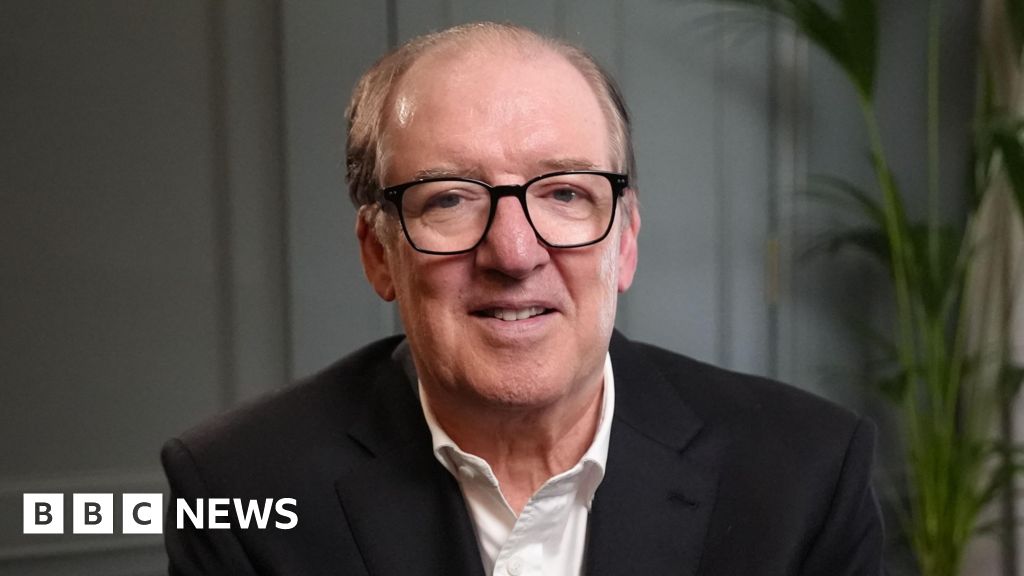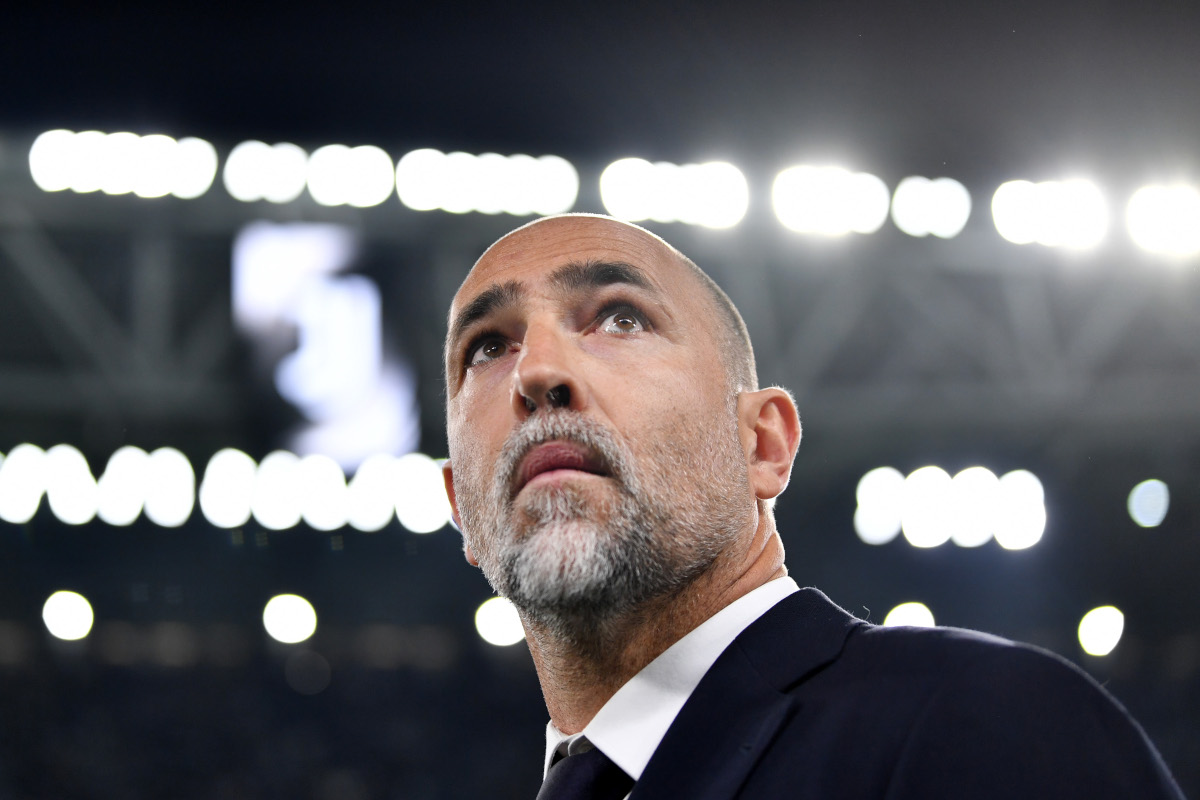Limerick great insists half-empty Croke Park played key role in Dublin hurlers’ shock win
Limerick, victims of their own success.It is an intriguing take on the All-Ireland hurling favourites’ unlikely loss to Dublin that the muted surroundings in an “empty stadium effectively” got to a team more used to operating, and thriving, in the chaos and turbulence of packed-out grounds.A fortnight after contesting an epic Munster final in front of a sell-out 43,580 at their own TUS Gaelic Grounds base, former Limerick forward Graeme Mulcahy reckons Croke Park last Saturday afternoon probably felt like a ghost town in comparison.Limerick’s All-Ireland quarter-final against Dublin was the first game of a double header that attracted 36,546 in total. Even if they’d all been in the stadium at the one time, the place would have been less than half-full.READ MOREWhen the volume did crank up in the second half, it was mainly because of the Dublin football fans arriving in advance of their team’s All-Ireland SFC preliminary quarter-final against Cork. Mulcahy says this had a “15th man” effect for the Dublin hurlers, offsetting the earlier dismissal of Chris Crummey.Speaking ahead of the Electric Ireland All-Ireland minor championship finals, Mulcahy pointed to the unlikely early wide struck by Aaron Gillane as an indication of a team not quite tuned in.“I think it can have a massive effect,” said Mulcahy of a quiet stadium. “Psychologically, if you’re not prepared for that and if you haven’t spoken about it, it can have a huge effect. I think if that game had come down to Thurles, you would have had probably three times the amount of Limerick fans at the game that were in Croke Park.“On the flip side of that, you wouldn’t have had as many Dublin fans travel. I think that would have added to giving Limerick an edge, certainly in terms of their performance. That was lacking in Croke Park.”Former Limerick hurler Graeme Mulcahy at the launch of the Electric Ireland All-Ireland minor championship finals at Croke Park. Photograph: Ben Brady/InphoMulcahy, a five-time All-Ireland winner, called it quits at county level after the 2024 season. He has vast experienced of the cauldron-like atmosphere on Munster championship game days and in All-Ireland finals when Croke Park is full.“I think trying to come down off a Munster final, and probably a Munster final that will live long in people’s memories in terms of the drama, and then going to Croke Park a couple of weeks later, an empty stadium effectively with little or no atmosphere, you could hear the referee’s whistle echoing around the stadium for the first five, 10 minutes,” said Mulcahy.“It was just a completely different experience for that Limerick team. The whole game felt flat for that first 15, 20 minutes, aside from maybe a bit of intensity that Dublin brought.“I think in the first couple of minutes of the game, Aaron Gillane had an easy enough free by his standards and it just went wide. Even the umpires weren’t tuned in at that point and it went to Hawk-Eye.“Whatever little atmosphere was in the stadium was sucked out of the stadium at that point. I think that really played into Dublin’s hands, just allowing them to get a bit of a foothold in the game.“It didn’t allow Limerick to make the blistering start they might have wanted to make. Dublin then just kept in the game for that first 15, 20 minutes. Obviously they had a sending off and after that, I think they got a bit of confidence and they got a bit of oxygen.“The Dublin football fans coming in as well, they effectively gave Dublin back that 15th man. I just think Limerick were never really hitting the pitch that they wanted to hit.”Finishing a year without any silverware for the first time since 2017, and for only the second time in John Kiely’s nine-season reign, has prompted talk of the end of an era. Mulcahy doesn’t buy it. His expectations are as follows; that Cork will win the All-Ireland, that Limerick will lose a player or two in the usual winter reshuffle and that Kiely will stay on to lead a freshly energised group in 2026.“I think people want to see it as an end of an era,” he said, pointing to rival counties. “They want Limerick gone away and I just hope that’s not the case. You’ll always lose a couple but I think if they keep the core group together and take the learnings from this year, I think they’ll be competitive again next year.”






